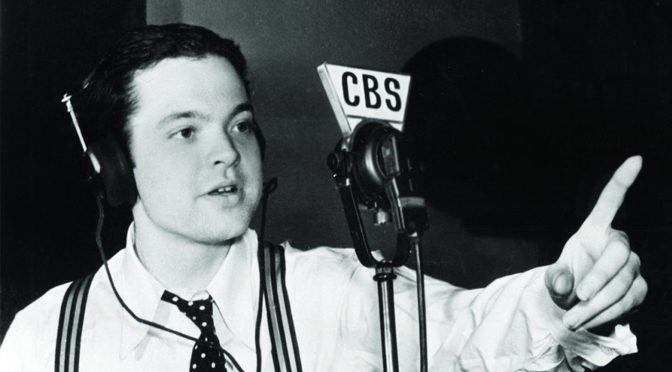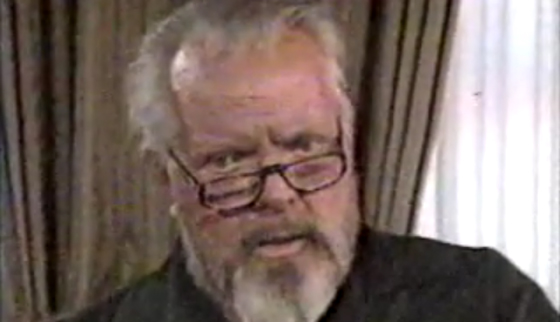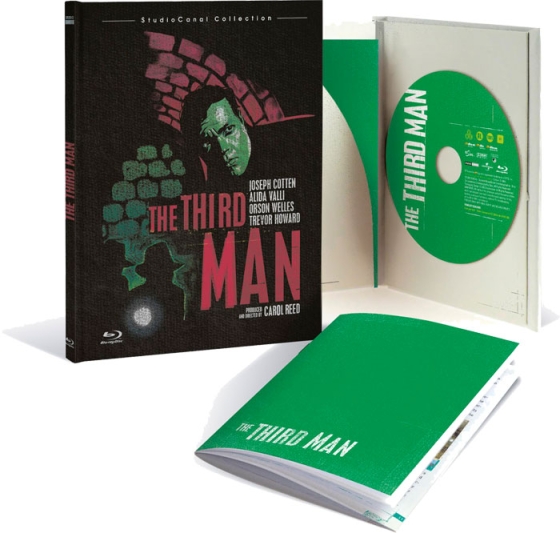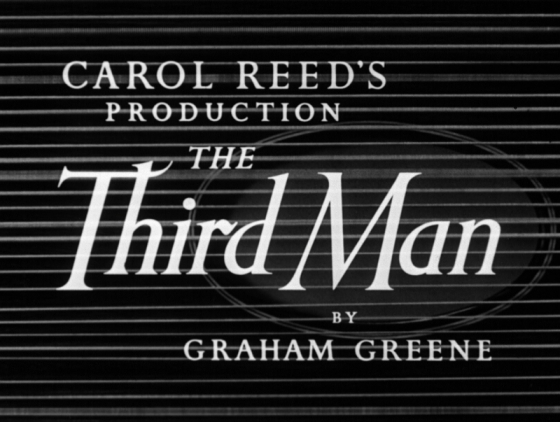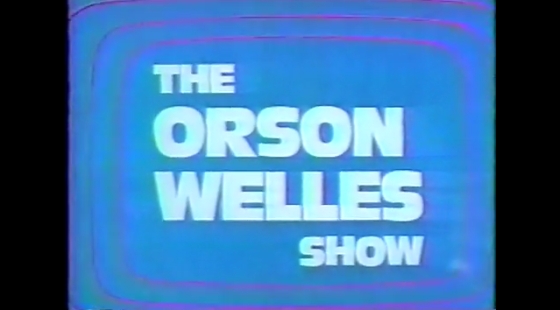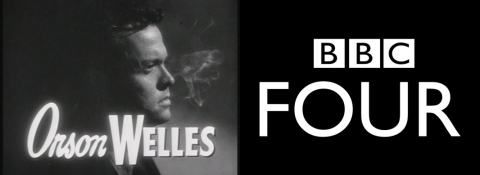Orson Welles was the multi-talented polymath who was a pioneering figure in twentieth century theatre and film.
2015 marks the centenary of his birth in Kenosha, Wisconsin and various celebrations have been taking place across the world at festivals and cinema societies.
He is still best known for co-writing and directing Citizen Kane (1941), a landmark in film history, but also made astonishingly audacious stage productions, such as a production of Macbeth in Harlem with an all black cast.
However, it was on radio where he reached national attention in 1938 with his infamous adaptation of H.G. Wells’s novel ‘The War of the Worlds’, which was so convincing it caused widespread panic.
His Mercury Theatre group not only produced acclaimed work on stage but also on the airwaves from 1938-40 and again in 1946, with a stock company of actors including Agnes Moorehead, Joseph Cotten, Ray Collins and Helen Hayes.
Courtesy of the Internet Archive site, here is a selection of his work, which includes literary classics, especially Shakespeare, but also dramas by Thornton Wilder and Noel Coward.
The Bard was a pivotal figure in Welles’ career and various abridged productions Welles produced included Hamlet, Twelfth Night, Julius Caesar, The Merchant of Venice, Macbeth, Henry V, Romeo and Juliet, Richard II, Richard III and King Lear.
> Mercury Theater Productions in 1938
If Welles was sadly denied creative control for most of his film career, his radio work was a different story. In 1938 he was given full reign in various adaptations of literary classics, including Bram Stoker’s Dracula, Treasure Island, and The Count of Monte Cristo. The music was by Benard Herrmann, a future collaborator on Citizen Kane.
A mix of comedy, trivia, music and drama, with Agnes Moorehead as president of “the Orson Welles Swoon Club”. Guests include Nat King Cole and Kid Ory.
Before The War of the Worlds made him (in)famous, the 22 year-old prodigy funded his theatrical productions with radio work, including a year playing avenging crimefighter ‘The Shadow’.
A collection of shows made during World War II, including the liberation of Paris, the Fifth War Loan Drive and
GI Journal. A fascinating snapshot of the time, it shows a more serious side to Welles, as well as illuminating a key episode of twentieth century.
Long before Rupert Murdoch (a modern day Charles Foster Kane) owned the New York Post, Welles was a columnist on the paper and also had a weekly political radio broadcast, covering such topics as the atomic bomb tests, and the blinding of war veteran Isaac Woodard.
Director Peter Bogdanovich became a friend of Welles and conducted a series of audio interviews between 1969 and 1970. They discuss his life and career, including the success of Citizen Kane (1941) and later films such as The Lady from Shanghai (1947), Touch of Evil (1958), and Chimes at Midnight (1960). In total this runs to about 4 hours, but is fascinating if you are interested in the filmmaking techniques Welles pioneered and the general arc of his career.
> The Lost Tapes of Orson Welles (BBC World Service Documentary)
Presented by Christopher Frayling, this 2014 documentary was broadcast on the BBC World Service. It explores audio of the conversations Welles had with his friend Henry Jaglom from 1983-85 and explores his life and career. Contributors include Welles biographer Simon Callow and film writer Peter Biskind.
> Find more about Orson Welles at Wikipedia
> WellesNet – A great resource for fans and aficionados
